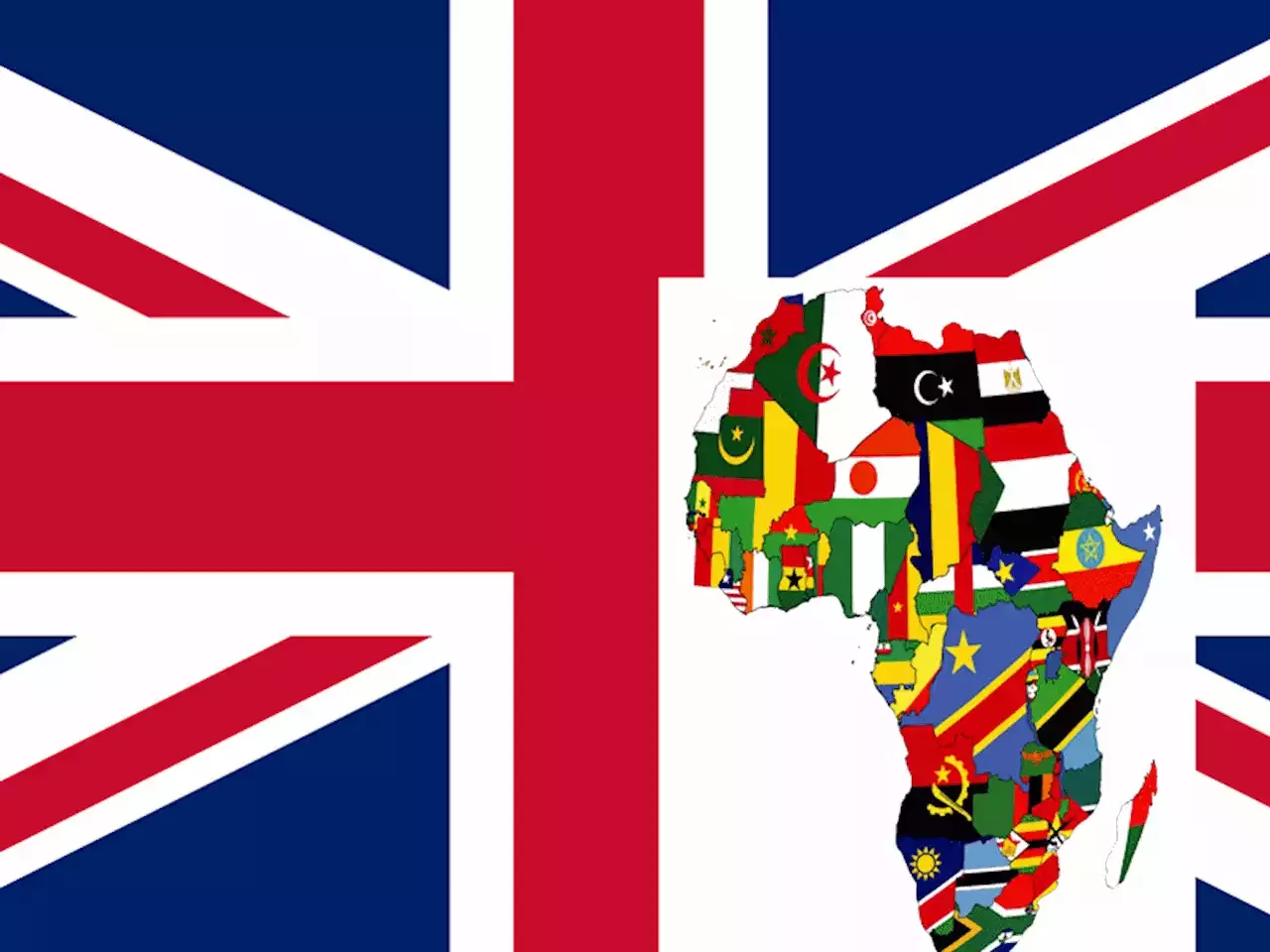The UK government’s new International Trade Strategy directly links Britain’s aid budget to trade deals – and as a result has been criticised for offering “aid for trade” and accused of putting “politics before poverty” and being “a double whammy against the world’s poor”.
This means favouring individual aid packages aimed at, in the words of the strategy, “supporting partner countries to grow their economies sustainably” through investment “in particular for cleaner and more reliable infrastructure.” The strategy is clear that aid is not intended to be entirely altruistic. This approach is designed to “deliver for people here in the UK – investments abroad will generate export opportunities in the UK, creating jobs right across the country”.
In its implementation, the strategy must balance infrastructural development with social projects to promote gender equality, education, democracy and other core values. As the head of the Institute of Director’s Special Interest Group for Africa, I want African and the UK alike to benefit from stronger trading relationships.
The UK government has stated that the strategy is designed to challenge “malign actors” who use “patronage, investment and debt as a form of economic coercion and political power”.
